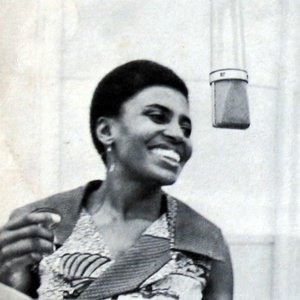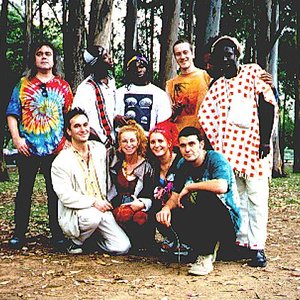Biography
-
Born
22 September 1952
-
Born In
Harare, Zimbabwe
-
Died
23 January 2019 (aged 66)
Oliver "Tuku" Mtukudzi (Harare, Zimbabwe, 22 September 1952 – 23 January 2019) was a Zimbabwean singer, songwriter and guitarist.
Mtukudzi released his debut single, "Stop After Orange," in 1975. Two years later, he began performing with the Wagon Wheels, a group who also featured Thomas Mapfumo. By 1979, he had left to pursue a solo career. Taking several of the band's musicians with him, he formed a new group, the Black Spirits. Their debut single, "Dzandimomotera," sold enough copies to qualify for gold record status. As a solo artist, Mtukudzi had his first successes shortly after Zimbabwe declared its independence in 1980. His debut solo album, Africa, included two hits: "Zimbabwe" and "Mazongonyedze." Mtukudzi has consistently balanced his musical career with his passion for film and drama. In addition to appearing in several documentaries on Zimbabwean music, including the BBC-produced Under African Skies and The Soul of the Mbira, he starred in Jit, the first film featuring an all-Zimbabwean cast. He also played a prominent role in, as well as composed and arranged the soundtrack for, Zimbabwe's second film, Neria. His work earned him a M'Net award for Best Soundtrack of 1992. Mtukudzi subsequently wrote and directed the musical production Was My Child (Plight of Street Children). With the accompaniment of the Black Spirits or the 12-piece supergroup Mahube, Mtukuduzi continued to tour and record.
The album Mahube was released in October 1998. The album Tuku Music, spent 11 weeks at the top of the CMJ New World Music charts. After the album's release, Mutukudzi toured the United States and Canada, along with Taj Mahal and Toumani Diabate and Baaba Maal, as part of Africa Fête 1999. The album Paivepo reached the top position on Zimbabwe's music charts the first week after its release in November 1999.
Artist descriptions on Last.fm are editable by everyone. Feel free to contribute!
All user-contributed text on this page is available under the Creative Commons Attribution-ShareAlike License; additional terms may apply.












